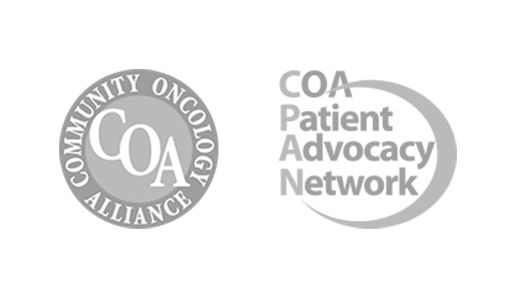At AO Multispecialty Clinic, we’re firm believers of raising cancer awareness in order to facilitate early detection; education is essential for cancer prevention. We want this blog to be an informative resource for you, so each month we’ll be emphasizing awareness for a different form of cancer. As you probably already know, cancer awareness is represented by ribbons in varying colors. March is colorectal cancer awareness month, which is symbolized by a royal blue ribbon.
So what exactly is colorectal cancer? Colorectal cancer, the 3rd most common type of cancer among American men and women, is cancer that begins in the colon or rectum, which are parts of the large intestine in the lower digestive system in the body. This part of the human body has an important task: to absorb the water and nutrients from the food we eat and store the waste matter (referred to as “stool”). Then the stool moves into the rectum before it leaves the body.
How can you prevent colorectal cancer? The most important step is making sure to schedule regular colonoscopies at the appropriate age. Age 50 is usually when you should start getting routine colonoscopies. Occasionally you will hear folks joke about how colonoscopies aren’t exactly their idea of a good time – but don’t let that discourage you from scheduling yours! Although it may seem like an inconvenience to have this procedure done, keep in mind that many lives have been saved through early detection of a polyp, or growth, discovered by a colonoscopy. Over time, some polyps can become cancerous, so finding and removing these growths is very important.
Know the risk factors! If you typically drink three or more alcoholic drinks per day, your risk of getting colorectal cancer is higher. The same goes for being overweight and smoking cigarettes. Conversely, exercising regularly is proven to lower your risk for colorectal cancer.
Lifestyle choices aside, some people are simply more susceptible than others to developing this type of cancer. If you have a parent, sibling, or child who has had colorectal cancer, your risk of developing it is doubled. If you’ve ever been diagnosed with ovarian cancer or inflammatory bowel disease, your risk of developing colorectal cancer is also much higher.
So if you see one of our team members sporting a blue ribbon this month, now you know why. If you have questions about your own colorectal health, don’t hesitate to ask your doctor. Your health is your choice, and we want you to stay healthy!






